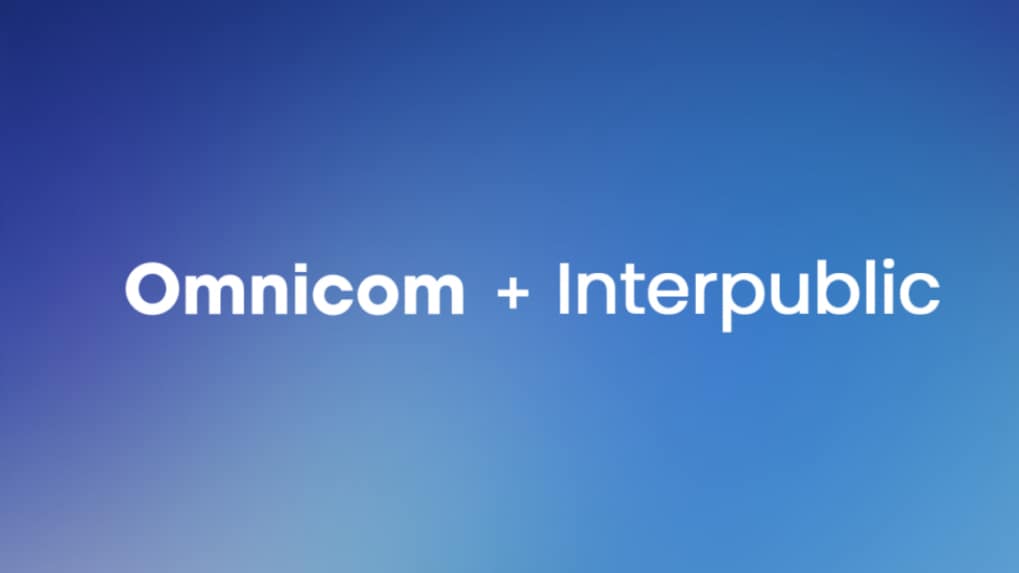Advertising
From Pink Slips to Silent Sidelining: Inside adland’s layoff and anxiety crisis

The Federal Trade Commission (FTC) has approved a revised final consent order tied to Omnicom Group’s $13.5 billion acquisition of The Interpublic Group of Companies, Inc. (IPG), placing strict conditions on how the combined company can allocate advertising dollars. The move explicitly prohibits Omnicom from denying ad spend to publishers based on political or ideological viewpoints unless a client directly instructs it.
The FTC had initially granted conditional clearance for the deal in June through a proposed consent decree that barred politically motivated ad boycotts. After a mandatory public comment period, the commission revised the order to strengthen oversight and clarify its scope. Among the changes are the appointment of an independent compliance monitor and a limitation that the restrictions will apply only within the United States.
The commission voted 2-0-1 to approve the final order, with Commissioner Mark R. Meador recusing himself. Explaining the rationale, the FTC noted that advertising holding companies, sometimes working through industry trade groups, have previously coordinated efforts to cut off ad revenue to certain media outlets. Such practices, the agency warned, weaken publishers’ ability to sustain content production and can distort competition.
Under the terms of the 10-year order, Omnicom is prohibited from directing, refusing, or conditioning advertising placements based on political or ideological viewpoints, journalistic standards, or diversity and inclusion criteria, collectively defined as “Covered Bases.” The company is barred from maintaining exclusion or inclusion lists, or ranking publishers on these grounds, unless an advertiser explicitly requests it. Furthermore, Omnicom cannot share or solicit client-specific exclusion lists with other advertisers or third parties.
While advertisers retain the right to decide where their brands appear, the order ensures that the decision-making authority rests squarely with the clients rather than with Omnicom itself. Once the merger closes, the company will be required to abolish any internal practices that contravene these restrictions.
To guarantee compliance, Omnicom must submit detailed annual reports to the FTC for the next five years, documenting its adherence to the order. The company is also required to retain all relevant communications and records related to ad-buying practices for review. An independent monitor, approved by the FTC, will oversee implementation of the restrictions for at least five years and provide annual reports to the commission. Omnicom must also notify regulators of any organizational changes that could affect compliance.
The regulatory scrutiny highlights growing concerns about the power of major advertising holding companies and their ability to shape the flow of ad dollars online. By imposing these conditions, the FTC aims to prevent collusion or bias in media buying and preserve diversity of voices in the marketplace.
The Omnicom–IPG merger has also been under review in other jurisdictions. The United Kingdom’s Competition and Markets Authority cleared the deal last month, declining to escalate it to a phase-two probe. The European Union remains among the regulators still examining the transaction.
Earlier this year, the FTC issued a second request for information to both companies, signaling a deeper antitrust investigation. Meanwhile, IPG reported a year-over-year decline in second-quarter revenue, though its profit margins hit a record high after cost-cutting measures in anticipation of the merger. Omnicom has maintained that it expects the deal to close in the second half of 2025.
Reacting to the FTC’s decision, John Wren, Chairman and CEO of Omnicom, said: “We’re pleased to finalize this agreement with the FTC. It reaffirms our commitment to provide neutral and unbiased advice to clients in making decisions about their brand media placements.”
With the order finalized, one of the largest advertising industry mergers in history has moved a step closer to completion, though with strict safeguards in place to limit its impact on competition and media diversity.
From purpose-driven work and narrative-rich brand films to AI-enabled ideas and creator-led collaborations, the awards reflect the full spectrum of modern creativity.
Read MoreLooking ahead to the close of 2025 and into 2026, Sorrell sees technology platforms as the clear winners. He described them as “nation states in their own right”, with market capitalisations that exceed the GDPs of many countries.